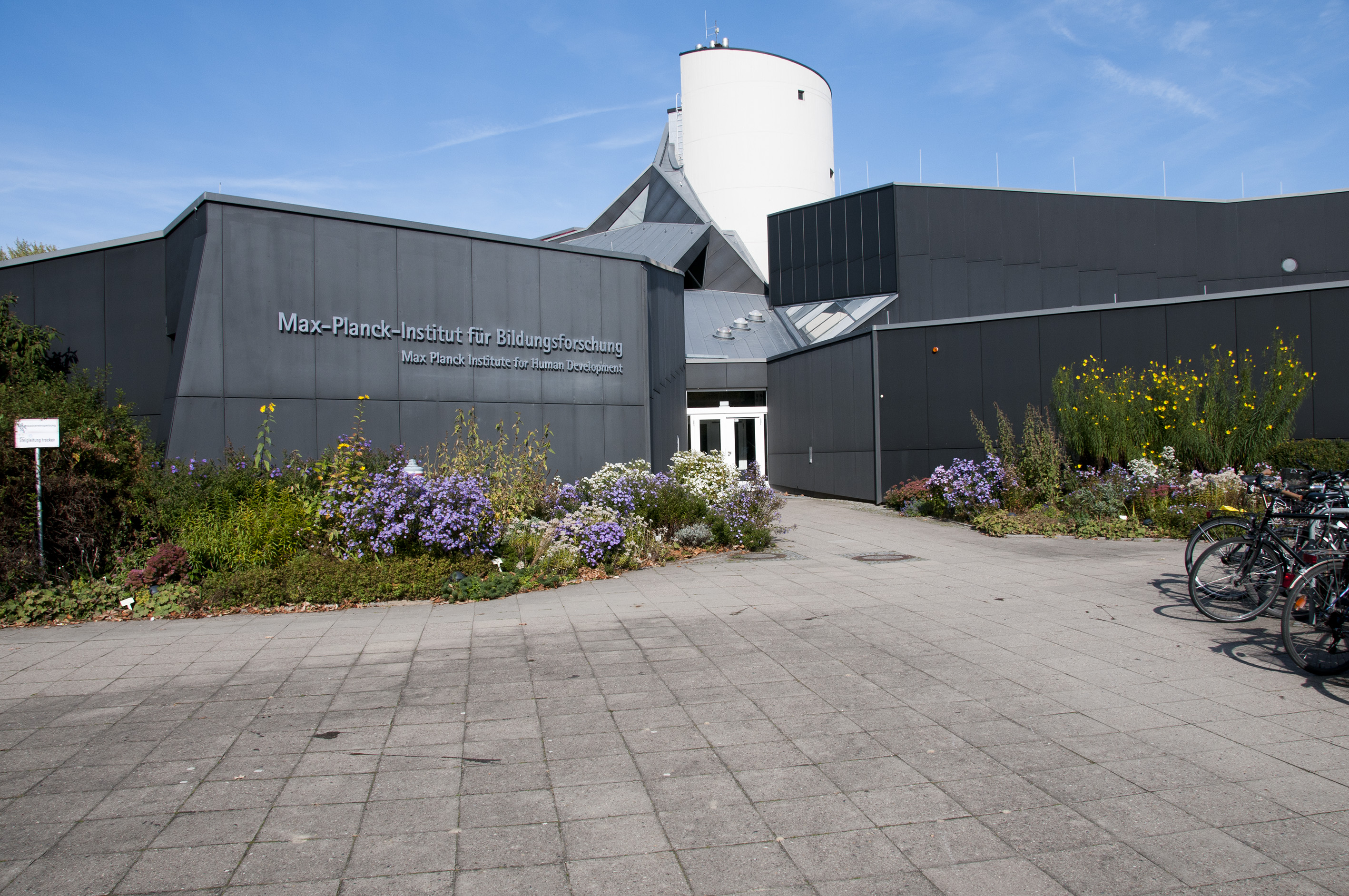As explained in this video it is commonly assumed that logically incoherent decision-making is irrational and costly in that it can lead e.g. to a decrease in happiness or health. An example for this would be a patient reacting differently if doctors speak of a 90% success rate of a surgery instead of a 10% failure rate for the same procedure. The purpose of the study presented here was to examine if there is proof in the existing literature that incoherent decision-making actually has negative consequences and is rightly seen as irrational. According to GERD GIGERENZER the findings suggest that the above mentioned assumption is not correct and that rationality needs to be re-defined in moving away from being based on strictly mathematical probabilities to taking context into account.
DOI:
https://doi.org/10.21036/LTPUB10288
Researcher
Gerd Gigerenzer is Director at the Max Planck Institute for Human Development and Director of the Harding Center for Risk Literacy, both in Berlin, Germany. His areas of interest include bounded rationality and social intelligence as well as decisions under uncertainty and time restrictions.
For his work, he has received numerous awards, among them the AAAS Prize for Behavioral Science Research for the best article in the behavioral sciences, the Association of American Publishers Prize for the best book in the social and behavioral sciences, and the German Psychology Prize.
Gigerenzer is also Batten Fellow at the Darden Business School, University of Virginia, and Fellow of the Berlin-Brandenburg Academy of Sciences and Humanities and the German Academy of Sciences.
Institution
The Max Planck Institute for Human Development is dedicated to the study of human development, education, and human-machine interaction. Researchers of various disciplines; including psychology, education, sociology, medicine, history, economics, computer science, and mathematics; work together on interdisciplinary projects at the Berlin Institute. The research questions they examine include how people make effective decisions even under time pressure and information overload, how the school as an institution affects students; development and learning processes, how the interaction between behaviour and brain function changes over a persons lifespan, how human emotions change in a historical context and how they have affected the course of history itself, as well as what social innovations and challenges digitalization brings with it.
Original publication
How Bad is Incoherence?
Gigerenzer Gerd, Arkes Hal R. and Hertwig Ralph
Decision
Published in 2016
Reading recommendations
Simply Rational: Decision Making in the Real World
Gigerenzer Gerd
Published in 2015
Risk Savvy: How to Make Good Decisions
Gigerenzer Gerd
Published in 2014
Heuristics: The Foundations of Adaptive Behavior
Gigerenzer Gerd, Hertwig Ralph and Pachur Thorsten
Published in 2011
Better Doctors, Better Patients, Better Decisions. Envisioning Health Care 2020
Gigerenzer Gerd and J.A. Muir Gray
Published in 2011
Rationality for Mortals: How People Cope with Uncertainty
Gigerenzer Gerd
Published in 2008
Gut Feelings: The Intelligence of the Unconscious
Gigerenzer Gerd
Published in 2007
Simple Heuristics that Make Us Smart
Gigerenzer Gerd and Todd Peter M.
Published in 1999
Show more



